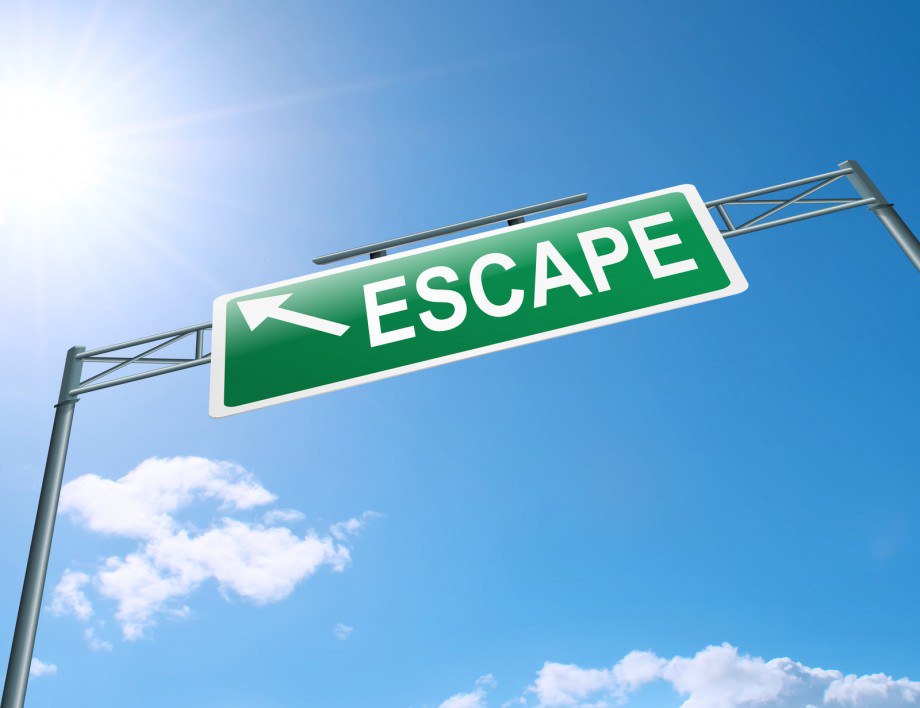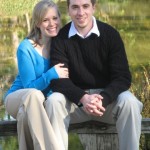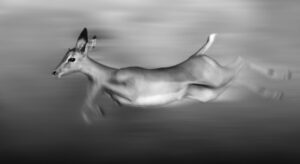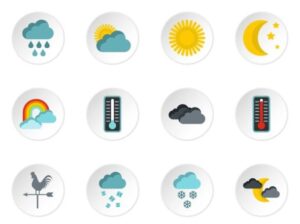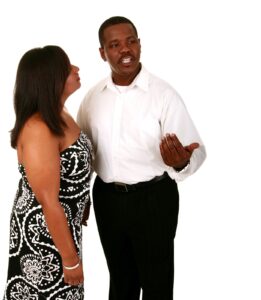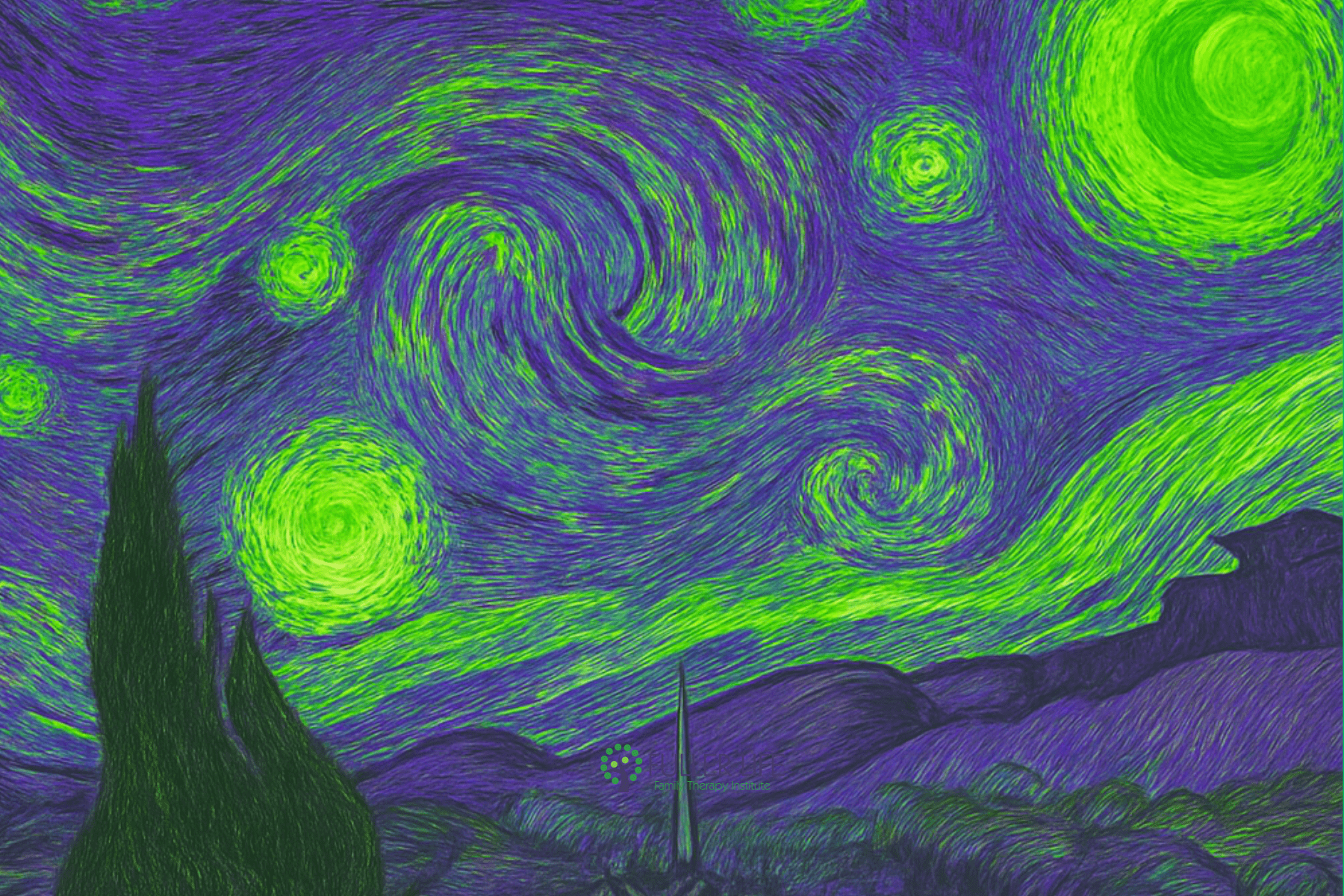Flying from Anxiety in January
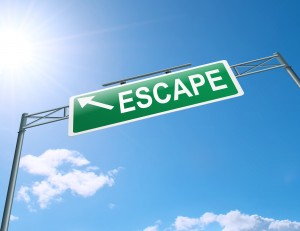
Not only does January mean the beginning of a new year, it also means the end of the holiday season. While for a blessed few the holidays is a time of peace, joy, and happiness, for many it means stress, reignited family disputes, heartache and heartburn. For eleven months one can easily go without meaningful interaction with extended family members. Yet compressed into one 6 week period from Thanksgiving to New Years are numerous family celebrations, meals, recitals, and traditions. While ideally these times of family interaction are welcome, for everyone family creates a degree of anxiety, whether tremendous or minute.
What do we do in the face of anxiety? Consider the T-baller with the cute uniform picking daisies in the outfield, who only moments ago couldn’t round the bases despite the coaches and fans best persuasive efforts. Now she looks like Marion Jones going for the gold as she flees for dear life away from the bee who wasn’t quite done with that daisy. Or the deer in the headlights who knows very well that in the battle between deer and car, deer always loses, yet doesn’t move out of the road. Or a mama mountain lion who notices that a hiker has strayed between her and her kids. The instinctive reaction in the face of anxiousness is fight, flight, or freeze.
In our current American culture we commonly resort to passive flight from family members – not visiting, not grabbing coffee, not hopping on Skype, not texting, not calling or emailing. We actively maintain our distance with zero energy expended. But the ironic thing is this: despite physical distance the anxiety of a strained relationship doesn’t go away. Although perhaps pushed out of consciousness, it remains present and drains our emotional energy. Cut-off simply doesn’t work.
There is another option instead of the animalistic fight/flight/freeze response. Move towards the anxiousness. Initiate contact with your family. The ability to emotionally self-regulate is a significant part of the difference between humans and animals. Family systems theorist Dr. Murray Bowen suggests being aware of the anxiety in the system, noting the anxiety evoked in oneself, and maintaining one’s composure. That is to say, staying in the thinking mode and not letting the emotions of the situation overtake you. Dr. Bowen extended this theory of differentiation to suggest that our level of reactivity to anxiety in our family system is reflective of our tendency to be reactive in other stressful situations as well. One cannot overcome a fear of heights from the ground below. Likewise one cannot become free of emotional reactivity without engaging with their family.
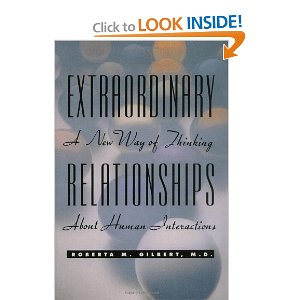
For more about these concepts, check out Roberta Gilbert’s Extraordinary Relationships.
Resident Therapist at Fuller Life Family Therapy Institute

